If there is one place to avoid this week it is Normandy. The global elite are in town to commemorate the eightieth anniversary of D-Day. Along with as many as twenty-five world leaders there will be upwards of 12,000 of their security staff invading this normally sleepy part of Northern France. In addition, 43,000 gendarmes, police and military personnel will be deployed on land, sea and in the air. A restricted traffic zone will be place throughout the region, and residents are being advised to stay at home on Thursday and Friday. Some schools will be closed on those days because of the disruption.
The Normandy American Cemetery, resting place of 9,388 Americans who were killed on June 6, 1944 and in the subsequent days and weeks of fighting, will be closed to the public on Wednesday and Thursday this week. That will be a disappointment to relatives wanting to pay their respects to their fallen family members. The British Normandy memorial will also be closed to the public on those days.
Frankly, who would want to be in Normandy this week?
But the great and the good take precedence. President Joe Biden will be present for a rare trip abroad, and he is extending his sojourn in France for an official state visit. He and Emmanuel Macron will reportedly discuss “the need for unwavering, long-term support for Ukraine” in the face of the ongoing conflict with Russia.
Ukrainian president Volodymyr Zelensky will be among the world leaders present in Normandy this week. The Elysée has made it clear that the eightieth anniversary commemorations should “echo all the struggles of peoples and nations who are still fighting to exercise their sovereignty and freedom against oppression and hatred.” For that reason Vladimir Putin has not been invited, and it was announced last week that contrary to an earlier statement from France about some form of Russia representation, there will now be none.
A spokesperson for President Macron explained that Russia’s invitation had been withdrawn because “the conditions for its participation are not there given the war of aggression launched in February 2022.” You might argue that the conditions for participation are there, given that it is a World War Two commemoration, a conflict which cost the Soviet Union 25 million military and civilian lives. Between them France, Britain and America lost 1.5 million people.
It should come as no surprise that Macron is attempting to make political capital out of this week’s commemorations. He has used World War Two before in order to score political points: in April 2017 he visited Oradour-sur-Glane in central France, where on June 10, 1944 the SS massacred the village’s 643 inhabitants. Macron made his pilgrimage just before voters went to the polls to decide whether he or Marine Le Pen should be president.
It is the European elections this Sunday, and right-wing parties are predicted to be the biggest winners. During a state visit to Germany last week, Macron used a speech to warn of the danger posed by what he categorized as far-right parties: “An ill wind is blowing across Europe, so let’s wake up!”
Macron has been issuing such warnings for weeks, but they are falling on deaf ears. The “ill wind” that many Europeans can feel blowing across the continent comes from the far left and their Islamist allies. Carried on this wind is an alarming rise in antisemitism and other forms of violence.
On Friday a man with a knife attacked several people in the town square of Mannheim in southwest Germany. It is alleged he objected to a rally that was taking place against Islamic extremism. Germany’s finance minister Christian Lindner said the death of the policeman “makes me angry about what is happening in our country. We must defend ourselves against Islamist terrorism with determination.”
President Biden will deliver an address on June 7 at Pointe du Hoc (a cliff-top memorial commemorating the capture by Americans troops of a German gun battery), about the “importance of defending freedom and democracy.” Given that Biden is also on the campaign trail, he might be tempted to make an oblique reference to the present. In a statement last year to mark the seventy-ninth anniversary of D-Day, Biden urged Americans to remember the sacrifice of whose who died in Normandy and “also recommit to the future they fought for — one grounded in freedom, democracy, equality and opportunity for all.”
Earlier this year, Biden insinuated that his uncle, Ambrose J. Finnegan, met a grisly end in Papua New Guinea after his aircraft was shot down during World War Two. “There were a lot of cannibals,” said Biden of Papua New Guinea, a remark that angered Papuan prime minister James Marape. He described the claim as “loose” talk and said the pair had met several times and Biden had never previously mentioned his uncle.
Official records state that Finnegan’s aircraft crashed inexplicably into the Pacific off New Guinea in May 1944. One airman was rescued, three bodies were recovered from the wreckage, but no trace was found of Biden’s uncle.
Canadian prime minister Justin Trudeau will also be one of the leaders in Normandy this week, remembering the important contribution of Canadian troops on D-Day and beyond. “On the beaches of Normandy, our troops fought valiantly for peace and democracy,” said a statement released by his office. “Many gave their lives so we could live free — and we will do what it takes to preserve and protect our hard-won freedoms.”
Earlier this year, a court ruled that Trudeau had infringed Canada’s charter of rights and freedoms by the imposition of the Emergencies Act. Trudeau rushed through the legislation in 2022 to criminalize a truckers’ “freedom convoy,” provoked by the country’s stringent Covid rules.
Frankly, who would want to be in Normandy this week? If 12,000 security men and women in dark suits and dark glass weren’t bad enough, the political hypocrisy on show will be unbearable.
This article was originally published on The Spectator’s UK website.



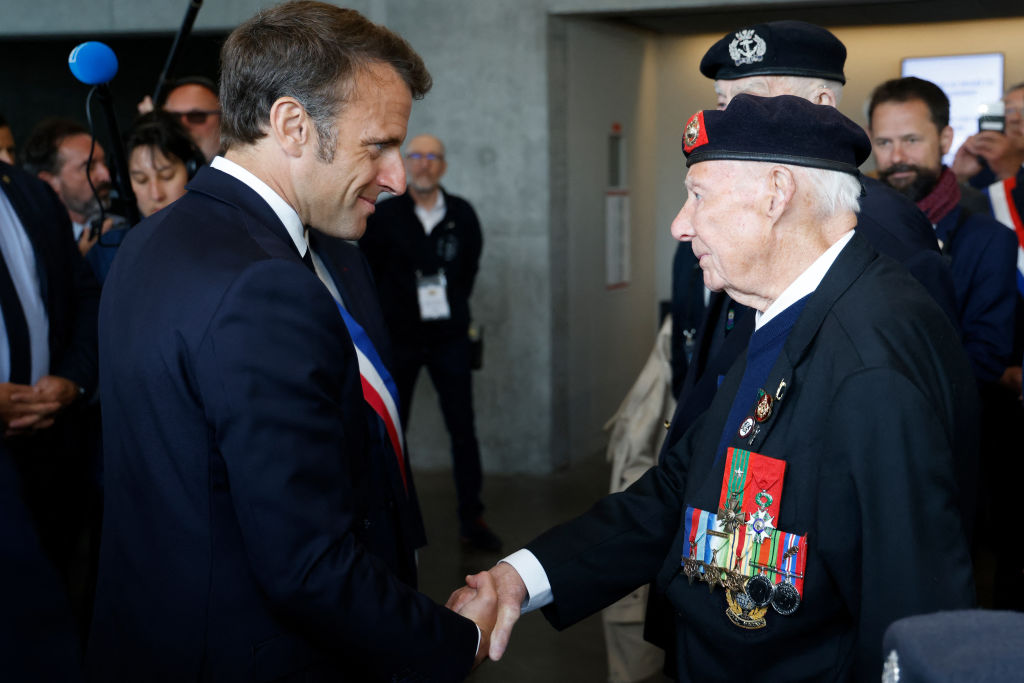






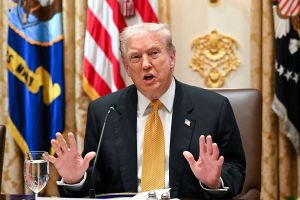
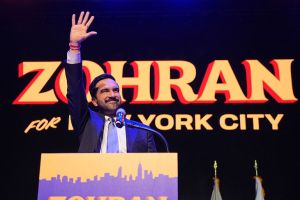
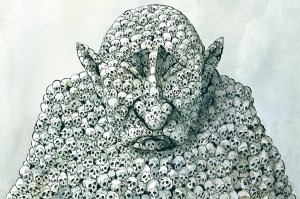
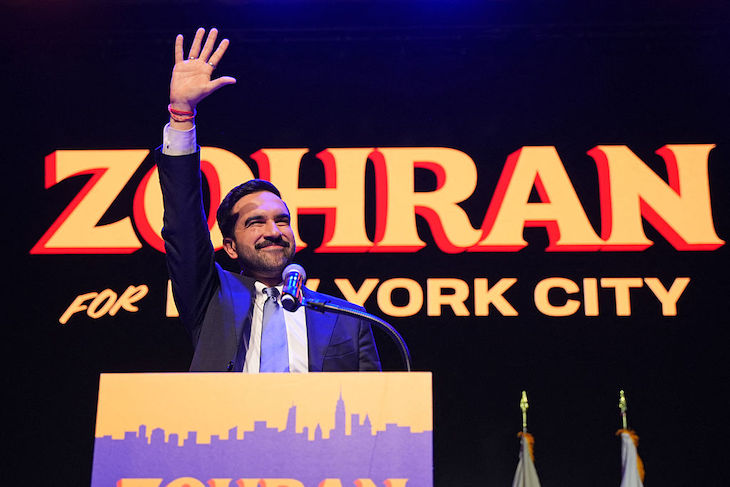
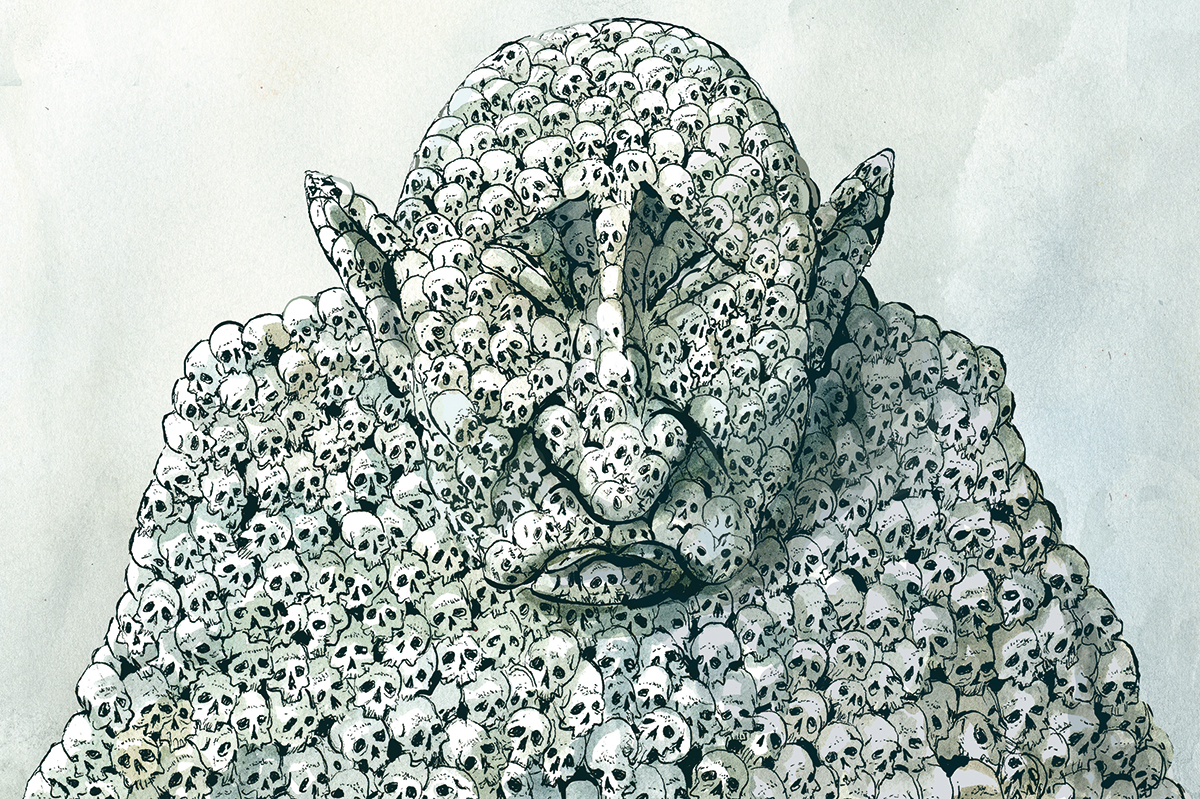

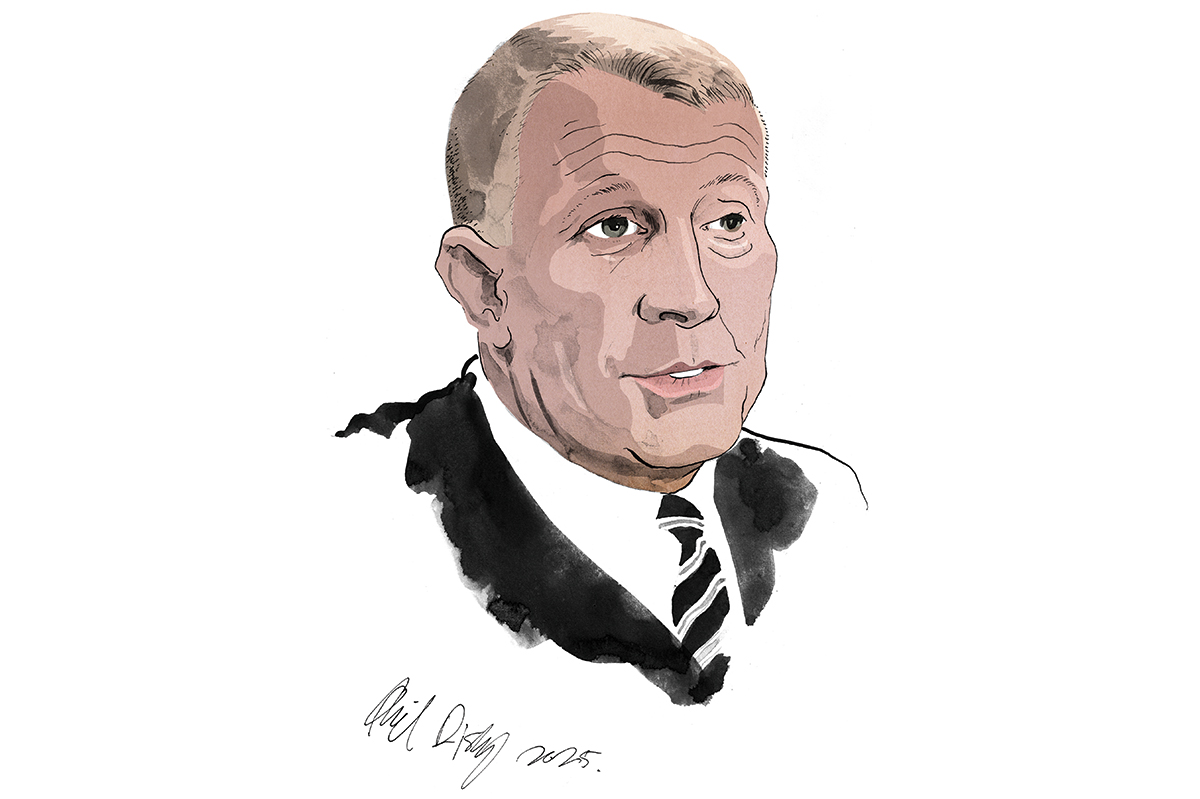
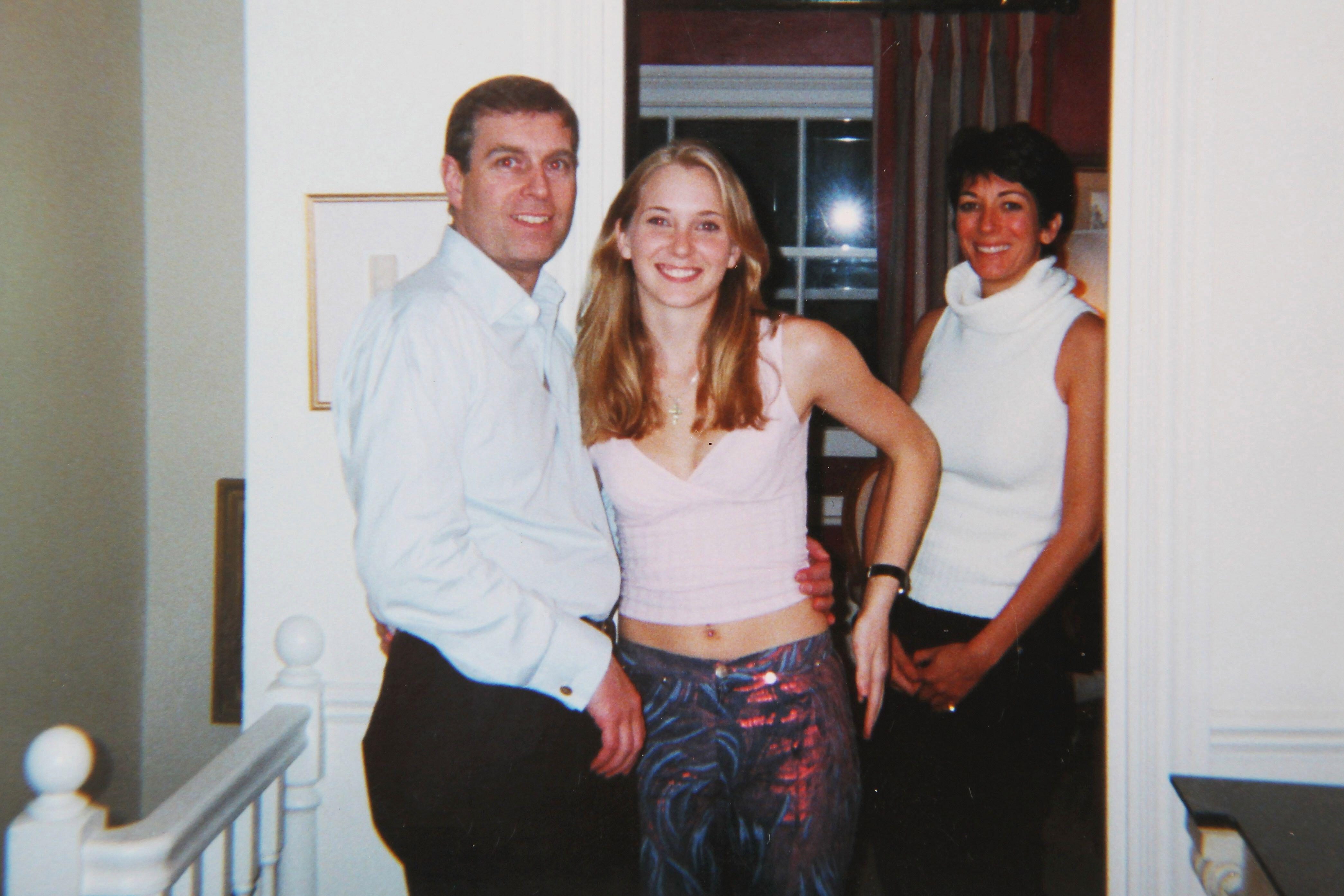








Leave a Reply